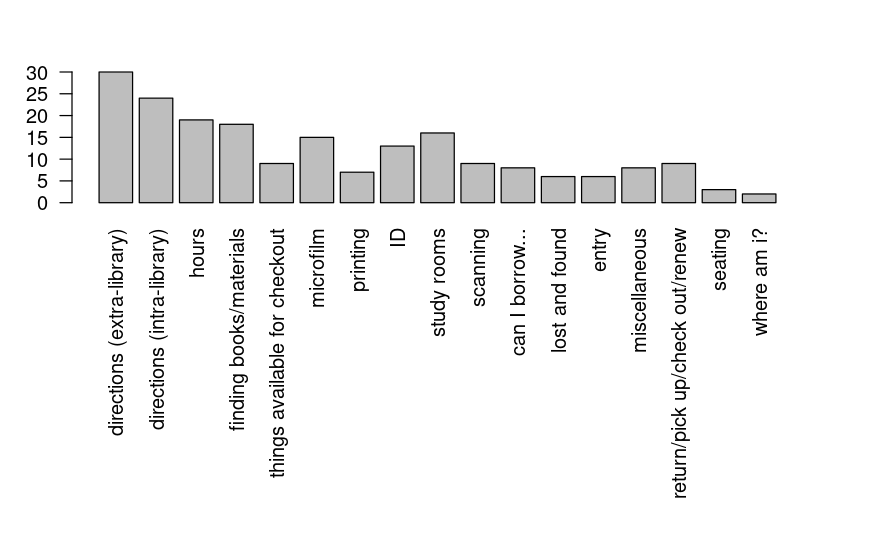By Margaret Asperheim, ’22
At the beginning of the Library Fellowship in August, I remember feeling simultaneously excited and unprepared. The Berkeley library system is huge and complicated, as is its system of research resources; how exactly were we going to improve undergraduate research abilities given that all of the resources students could possibly need already existed? Over the course of this year, the Research Team — Katherine, Sofia, Jessica and I — set out to do just that.
When we started brainstorming the ways in which we could improve library resources, we found that we were all in agreement about one thing: we didn’t need to create a new library guide or instructional video. Those resources already exist: the problem is finding them. We quickly latched on to the phrase “point of entry” as a way to describe what we felt students were lacking: not the resources themselves, but the motivation, inclination and know-how to discover them.
So we had a goal. Now, what we needed was a plan. How could we shift students’ ideas of the library from mysterious and overwhelming to approachable and friendly? Further, how could we do it in one semester? We ended up pivoting our proposal several times, from a short, accessible guide to research resources (rejected because it violated our previous stance that enough resources already existed), to a new student research help desk position (way more work than could have been achieved in a semester), to a curriculum for a hypothetical research help desk employee (still too much work), to finally a survey of current student library employees and their opinions about research. We realized that most of our plans featured student peers as a point of entry, and so we decided to take stock of the most obvious student library peers: the circulation desk workers. If undergraduates felt comfortable asking student library workers for help — and if student library workers felt confident giving research advice — we figured that library resources would become much more accessible.
In our survey of student library workers, we included the following questions: do you think you are adequately trained to answer patrons’ research questions? What existing UC Library research resources are you currently aware of? Would receiving training related to conducting/assisting students with library research be beneficial to you as a library student worker? And what library research skills would you like to learn more about? When my fellowship team conducted a survey of current student library workers, we found that 82% of respondents would like to learn more about finding and evaluating sources. Another 64% of respondents mentioned that receiving library research training would be beneficial to them as student library workers.
Over the course of this fellowship, I learned that making resources isn’t enough; you have to engage with students to really improve research skills, something that I believe will make a noticeable difference in the way students relate to the library. Further, because the library staff has limited resources, it makes sense to focus its energies on those resources that already do exist: namely, the student library employees. As a student library worker myself, I know that students feel comfortable asking questions at the desk, but library employee training is generally focused on things like shelving and scanning in books, not on assisting students with research. Overall, I learned how to focus my efforts where they will make the most difference, and not necessarily within my comfort zone.
